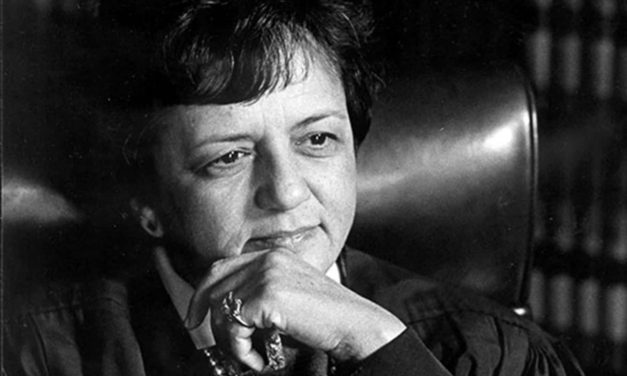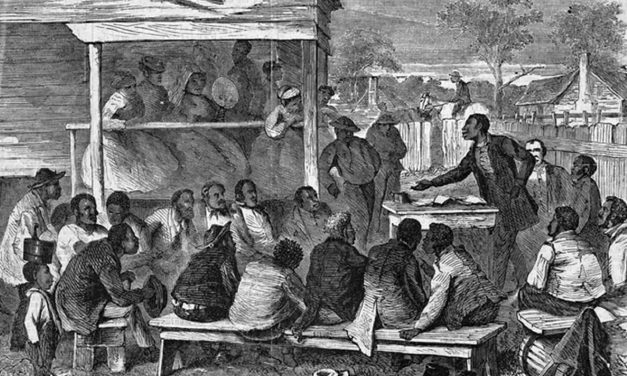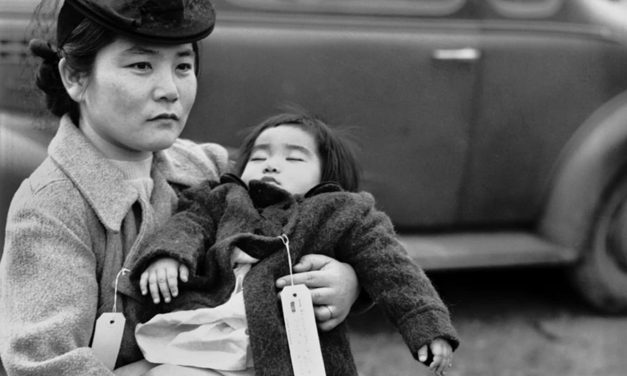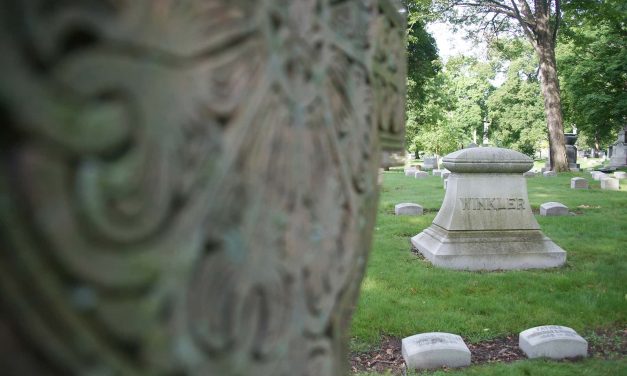Shirley Abrahamson: First female Chief Justice of Wisconsin Supreme Court dies of pancreatic cancer
Chief Justice Emerita Shirley S. Abrahamson, a monumental and historic figure in Wisconsin’s judicial and public service history, died at the age of 87 of pancreatic cancer on December 19. During her fourth 10-year term, she became the longest-serving justice on the Court – almost half that time serving as chief justice. She was the first woman to sit on the Court when Governor Patrick Lucey appointed her to the high court in 1976. She was short-listed twice for presidential appointment to the U.S. Supreme Court. Breaking glass ceilings and longevity have their places. But it is the content...
Read More















